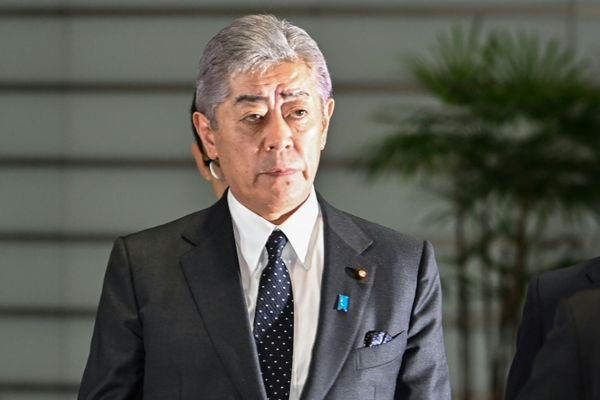
I had a strange drive when I was in college to make $100,000 as fast as possible. It turned out that it wasn’t so easy. Another strange thing happened when I finally did: There wasn’t a party. No Champagne. I didn’t feel like I could stop running; the goalposts just shifted.
Eventually, I found there was an income figure for me where I remember the feeling of financial stress melting away. Of course, that number shifts with income, too.
The relationship between money and happiness is complicated, with many conflicting studies. Below, I’ll outline three fundamentals that most professionals agree upon.
1. Who gets the most — or least — happiness from money
Money has a much greater impact on happiness the lower down on the income spectrum you go, and here’s why. I grew up in a financially secure household, so I hesitate to use myself in this example. But I had times early in my career where I was objectively poor. The most memorable of which was in my first year out of college, when I got a tax bill that was more than what I had in the bank. Neither figure was a large number.
At points like these, financial stress seeps into all aspects of your life. It affects almost every decision you make. It is also the point at which even a small windfall can have a large impact on happiness. This is because it means you can pay your rent or your mortgage. Or, in my case, my tax bill. It provides for financial security and for basic needs. Both of those things are positively associated with happiness.
As income increases and security and basic needs are covered, there is a diminishing return on happiness. Some even argue that it reverses, as happiness starts to decrease as a certain level of income often forces you to sacrifice work/life balance.
2. Spending matters more than earning
It’s very hard to gauge someone’s happiness based on what their tax return says. Their bank statement, on the other hand, is more telling. A 2016 study titled Money Buys Happiness When Spending Matches Our Personality pretty much tells you the outcome. When you spend in alignment with what is truly important to you, you are happier.
In the book Happy Money, authors Elizabeth Dunn and Michael Norton identify the five spending categories and habits that provide the most happiness:
- Spending on experiences. This is like a three-for-one deal. You get the anticipation, the actual experience and the memory.
- Spending on others. In his new book, The Soul of Wealth, Daniel Crosby outlines several studies that reinforce this concept. One that was particularly interesting showed that this is true in children as young as 2.
- Buying time. “Buying time” is not as simple as tapping your phone and watching your watch move counterclockwise. It’s the process of delegating the tasks you don’t enjoy, like pulling weeds, and spending that time with family, reading, etc. It’s important to note that having a lawn service so you can spend that time on social media will actually make you less happy.
- Bypassing materialism. Material goods provide a jolt of happiness before they quickly become the norm. This is a repeating cycle.
- Funding life’s necessities. See the beginning of this article.
3. Social comparison is (almost always) bad
This sounds mean, and it is. We derive satisfaction from looking down the social scale as it highlights the heights we have achieved. That’s why the comparison is “almost” always bad. However, we derive less joy from looking down than the pain we feel from looking up. And there’s a long way to look up.
Back to Crosby’s book, which if it were not already obvious, is an aggregation of some of the most fascinating research when it comes to the intersection of money and happiness. In the chapter titled “Comparison Is the Thief of Joy,” he talks about just how dangerous social media can be in this domain. The 10 most followed people on Instagram have an average net worth of $400 million. And this is who you are comparing yourself to? Just to drive the point home, he references a 2022 study showing that the risk of depression increased by 13% for each additional hour of social media use among adolescents.
The bottom line: Security is as good as gold
As I think about money as a tool, I believe it provides security, flexibility and fun. In that order. I believe you get more bang for your buck from the security component than the others. As a biased financial planner does, I often lean on the financial plan to ensure that security.
If you want to build out your plan or just reaffirm your numbers, you can use a free version of our software.







